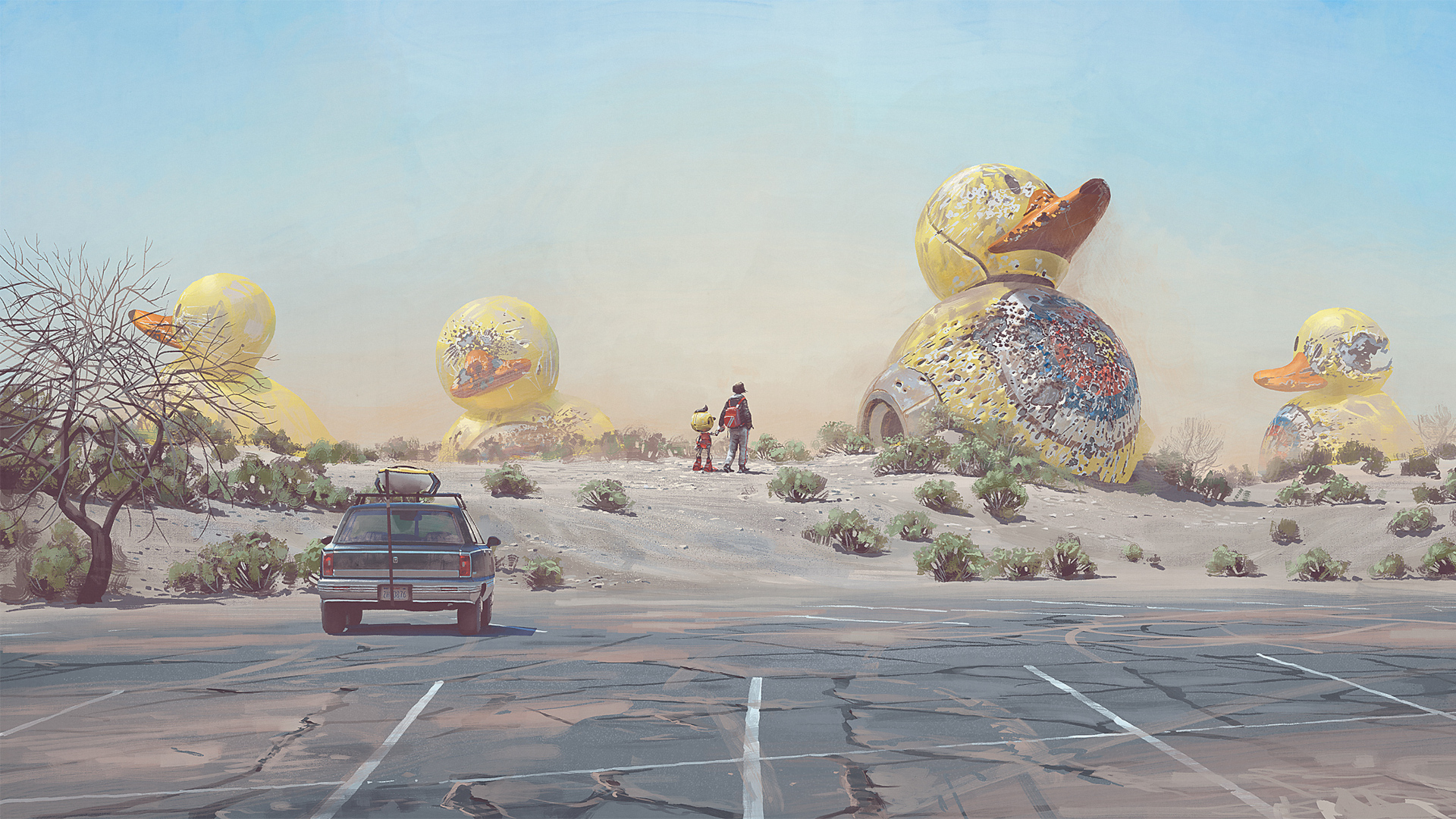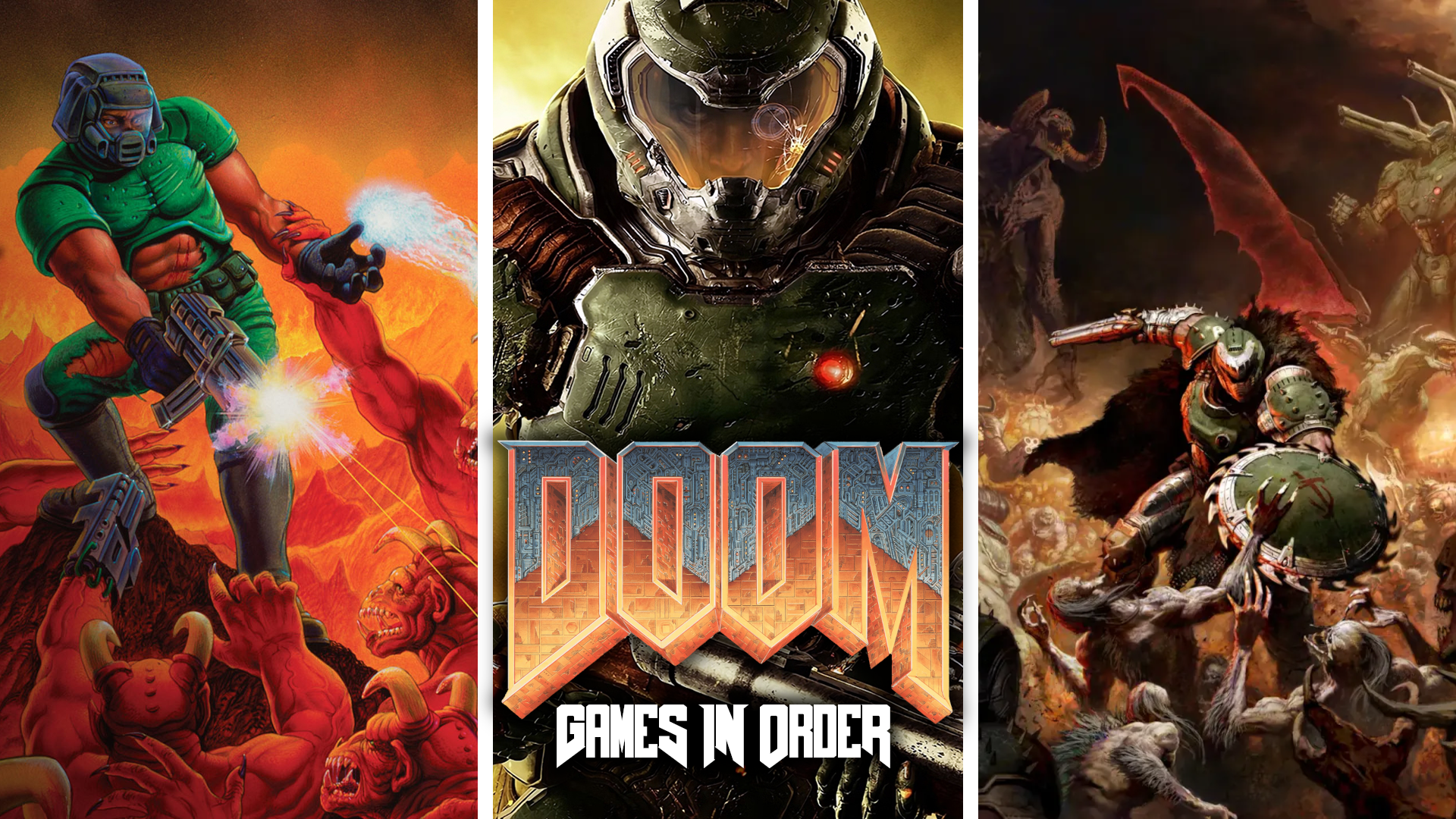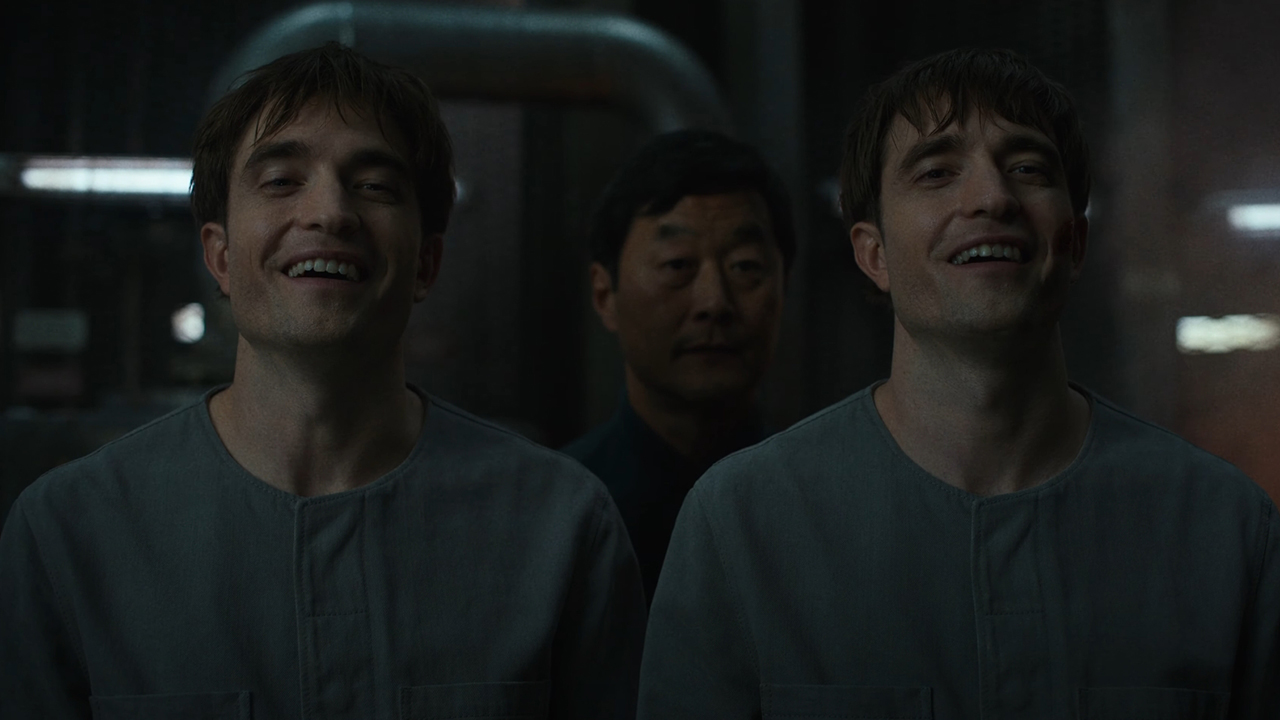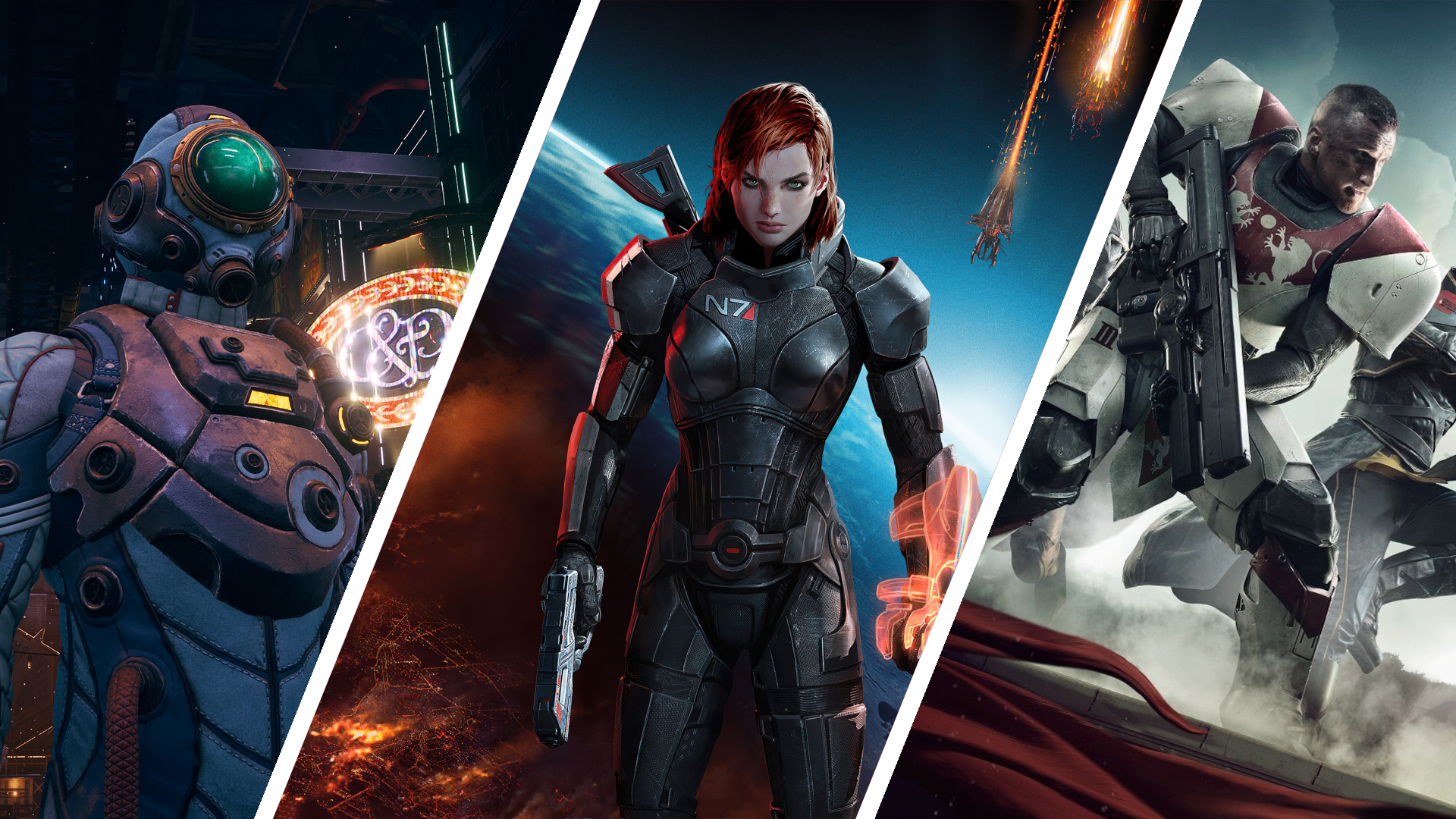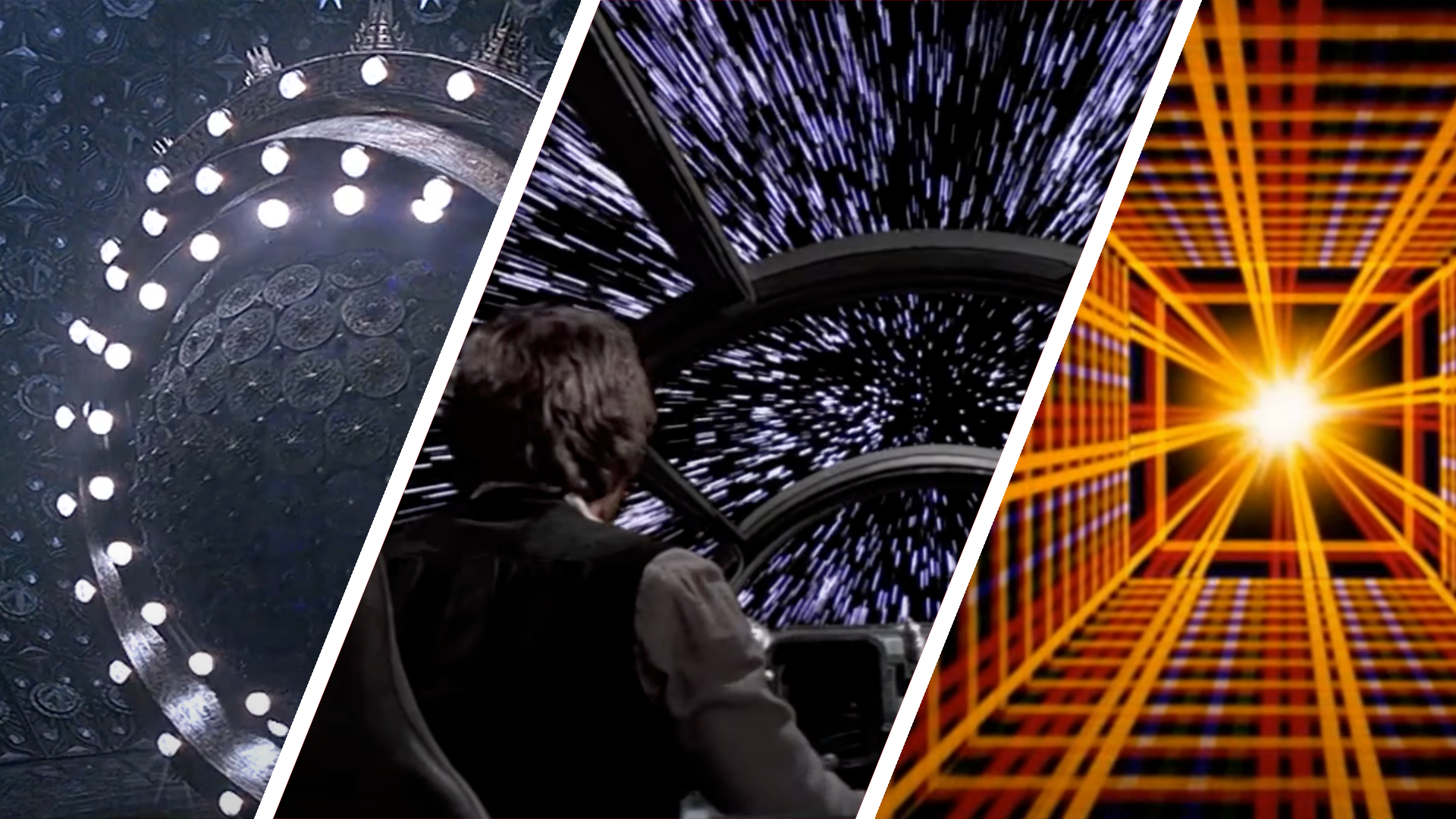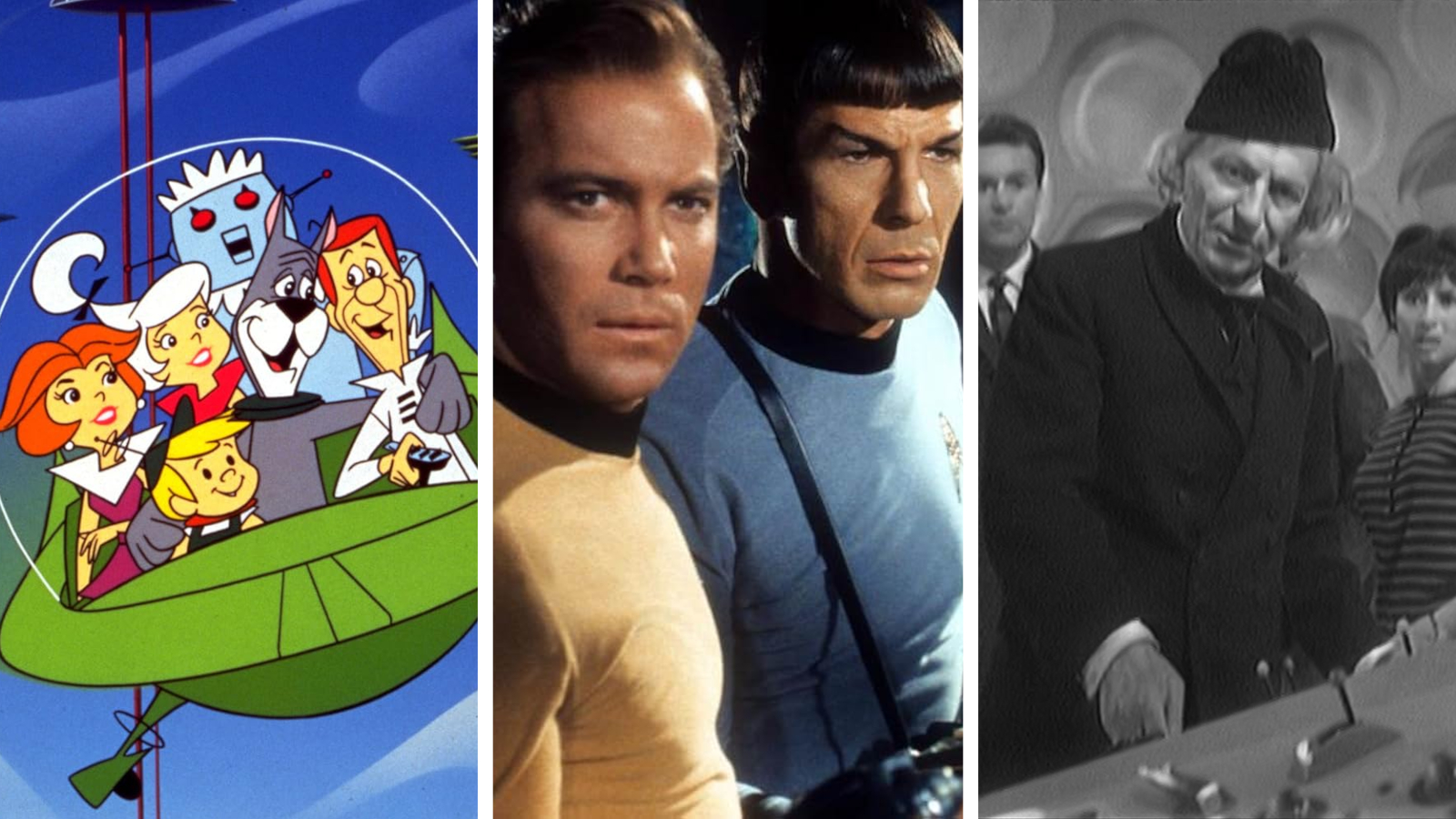Why The Expanse feels so unique in sci-fi
Strap in and prepare yourself for a deep dive into The Expanse and its role in sci-fi.
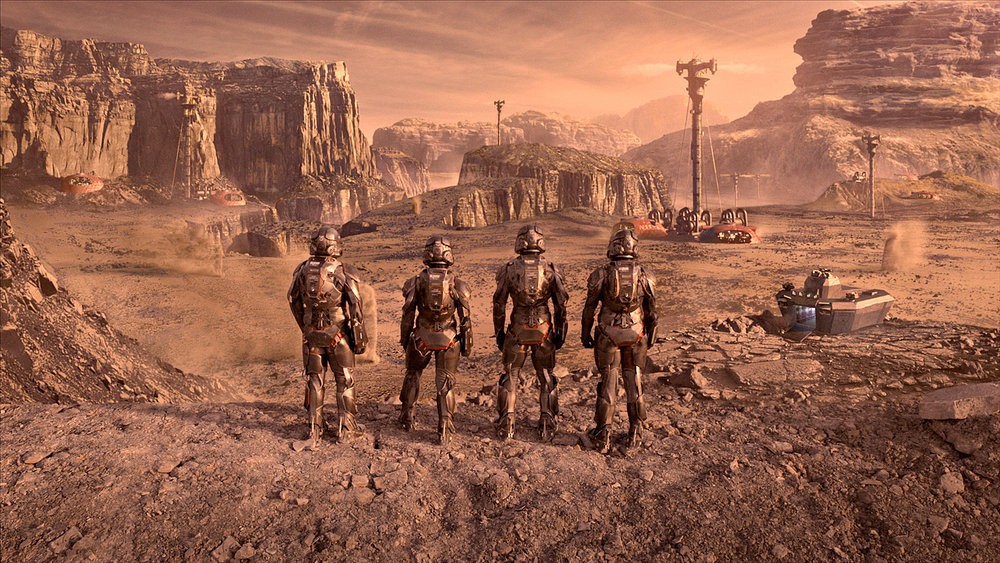
NASA has started releasing images from the James Webb Space Telescope, and given us a glimpse into the far universe, bringing the distant suddenly up close, in unprecedented clarity. The science-fiction TV series The Expanse had a similar effect for me. In that it made me think about space in wholly new ways, making me consider its distances, physics, and basic inhospitality anew, with the previously slippery idea of space – as depicted in fiction – becoming sharper and clearer.
I’ve watched Jedi using the Force in a galaxy far, far away (although I know the Star Wars movies aren’t “real” sci-fi) and I’ve followed the adventures of Picard, Sisko, Janeway, and Burnham over their respective Star Trek movies and TV shows. However, for all their basis in theoretical technologies and physics that have some real-world calculations behind them, they mostly elide the messier parts of space travel (unlike these realistic space movies).
Archer’s Enterprise did it slightly better, since that series took place in a timeline closer to our own (circa 2151), but it still felt like sci-fi with the fiction emphasized. The Expanse, meanwhile, feels much more real. Far from making things boring, it incorporated the deep logistical challenges of a spacefaring race into its core, making it a part of its dramatic heart, supercharging its plot and storylines.
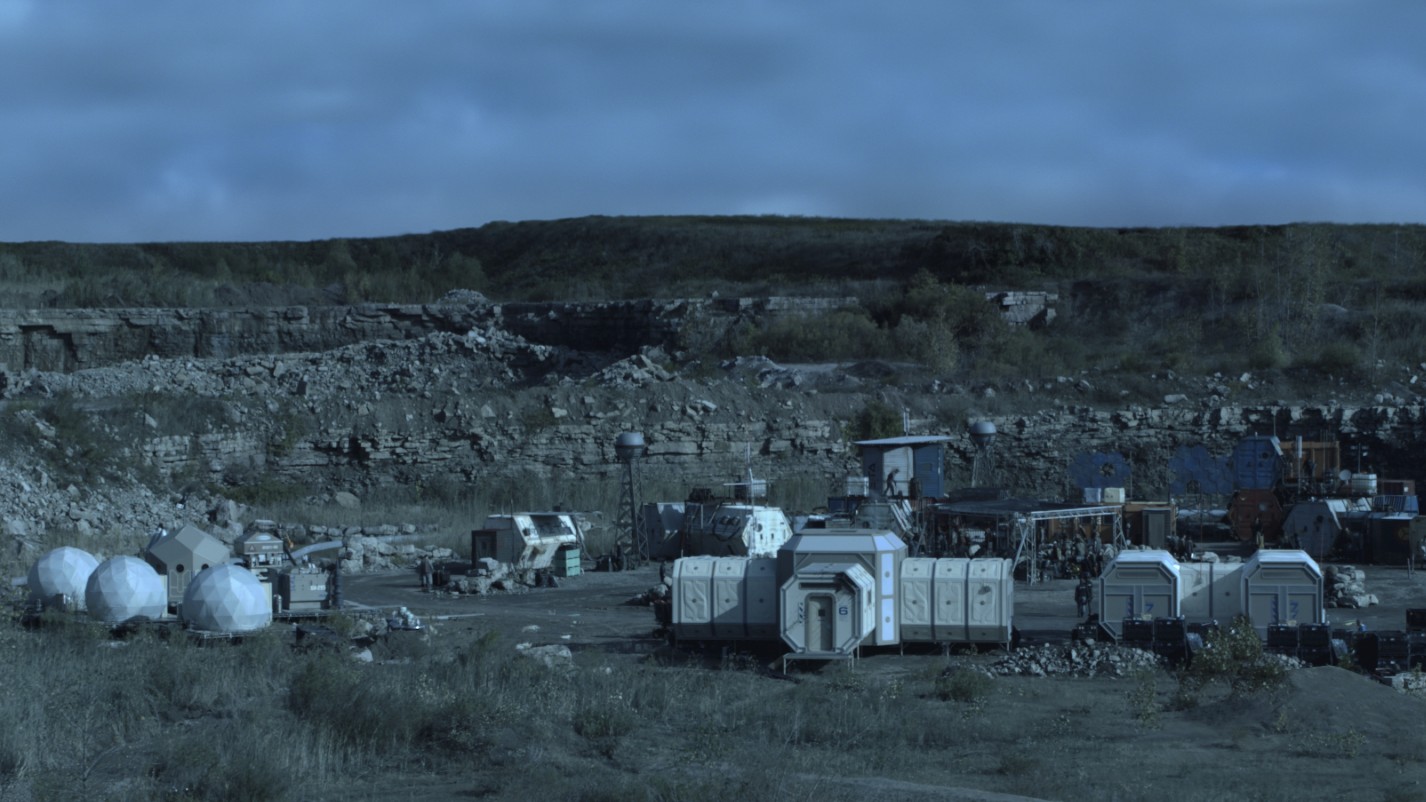
The grittiness of The Expanse is revealed early. We are in the future and Earth is now governed by the United Nations (UN). Humans have colonized the solar system, but this expansion has resulted in great tension. Those who live on Mars have their own government, the Martian Congressional Republic, and the Martians are a proud independent “nation” with the best ships in the system. With Earthers struggling with overpopulation, and Martians still in the process of terraforming their planet, these two superpowers rely on the Belt and its laborers. Belters live and toil on the Asteroid Belt between Mars and Jupiter, but it also includes the inhabitants of the moons of Saturn, Jupiter, and Neptune.
These Belters have their own language, and some of them, because of their upbringing on these planetoids with low gravity, even their own physiology. This is brought to shocking light in the pilot as a Belter is brought to a UN “black site” for a torturous interrogation. The camera shows his gangly frame, pale skin, and “unnaturally” long limbs. But he isn’t beaten, he isn’t even bound. The Belter is considered a terrorist by the UN, part of the Outer Planets Alliance (OPA) – a political group that seeks to redress the mistreatment and exploitation of the Belt.
The OPA member has information. There he’s hung up on a wall by his armpits, with Earth’s gravity sufficient to punish the poor Belter, his skeleton, muscles, and lungs not used to the greater force of our world. In an instant, it shockingly reveals the implications of what long term space travel could mean for our race.
The Expanse is a smoldering burn, and its best characters transform over long, gratifying arcs. There’s Josephus Miller, a charismatic detective tasked with finding the rebellious daughter of a super-wealthy magnate. James Holden, an ice-hauler crewman turned reluctant leader. But it’s the women – another differentiator in this male-dominated genre – who truly steal the show.
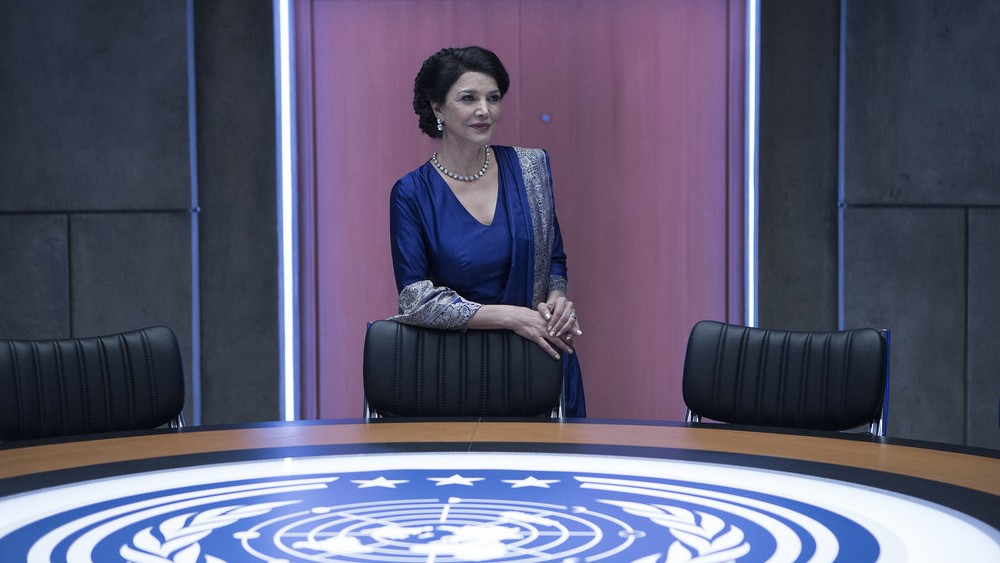
Chrisjen Avasarala might be one of the best characters ever depicted in televised sci-fi, and she’s played with relish by Iranian-American actress Shohreh Aghdashloo. As UN Under-Secretary General she’s subtle, snappy, and displays a cunning that belies her compassion. Avasarala is a character rarely seen on screen: a female leader who’s fundamentally good yet undeniably laced with a streak of villainy too. This complexity is The Expanse’s forte.
Three – three! – other memorable female characters are the Belter engineer Naomi Nagata, the OPA leader Camina Drummer, and Martian marine Bobbie Draper. Together, these are some of the strongest women I’ve ever seen, in or outside sci-fi. The Martian marine, in particular, surprised me. Initially, she seems like a typical jarhead: a proud and patriotic soldier devoted to her nation, Mars, and living up to the fierce reputation of her unit. But over the course of the show she transforms from a dislikable, one-note grunt to someone far more empathetic and perceptive.
The Expanse is based on the novels by James S.A. Corey, the pen name of authors Daniel Abraham and Ty Franck, and it’s clear they thought a lot about space and did their research – it’s arguably one of the best sci-fi TV shows based on books. The books are fantastic, but the TV show obviously has some advantages, the space flights and combat are visceral and exciting to watch for one. Crucially, it looks and sounds authentic. None of the pooh-pooh of Star Wars (we’re looking at you Midi-chlorians) or the abstract-sounding photon torpedoes of Star Trek. No, dogfights in The Expanse are fought with rail guns. Then there’s the role of gravity.
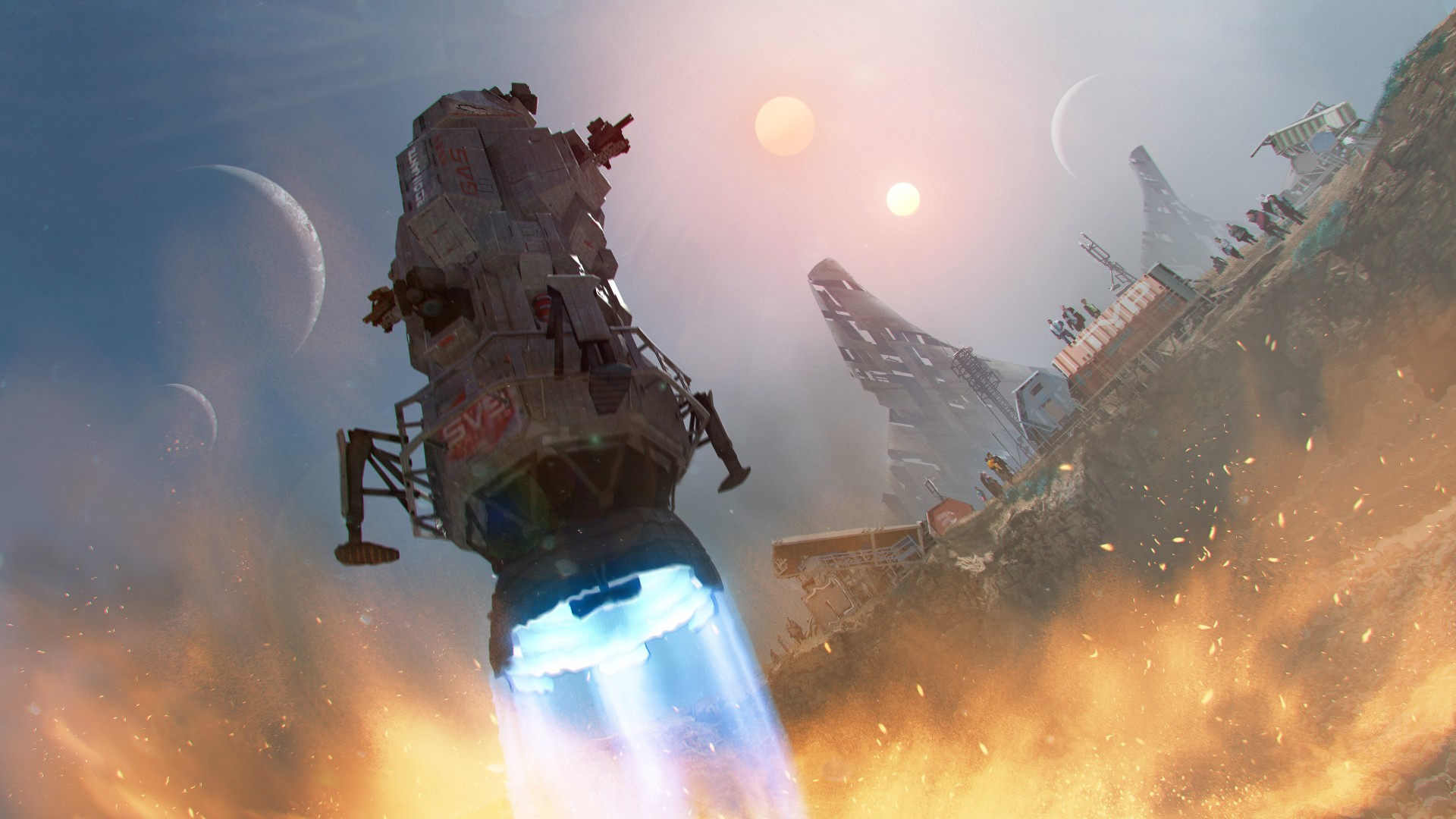
Gravity pervades this series. If a spaceship wants to accelerate quickly – to burn, in the show’s parlance – then the crew must strap in and ready themselves. G-forces are a very real problem as pilots and crew can blackout and suffer strokes. The series offers an education: What happens to wounded people in zero gravity? How do you get water and food in the farther reaches of the solar system? How will Earth leaders make decisions for military actions in space since there’s a communications delay? One episode even had me Googling what happens to human bodies if they venture into space unprotected.
If I had to analogize, I’d say The Expanse is a bit like Game of Thrones, but in space. There is a mystery at the sci-fi series’ core, somewhat like the mysterious White Walkers except think aliens, while there is political intrigue aplenty. This is because not only is there inter-factional tension and conflict between the three main powers – Earth, Mars, and the Belt – but also factions within these powers vying for influence. Later on, the Belt really takes this up a notch for a memorable finale to the series.
The Expanse was true to its name, expanding my sense of what’s possible in sci-fi, not because it explored the limits of space but because it explored how space could limit humanity: creating conflict, class war, and new nations. Through its strong characters, it also showed the complexity of diplomacy and how nuanced different forms of power can be. Ultimately, The Expanse is about how change is possible, but it doesn’t shy away from delving into how a real confluence of circumstances must occur in order for it to catalyze. It’s truly a must watch.
If you want to catch up on The Expanse and see why we're such fans of it's unique take on sci-fi, check out our The Expanse streaming guide to find out how you can watch it all online.
Join our Space Forums to keep talking space on the latest missions, night sky and more! And if you have a news tip, correction or comment, let us know at: community@space.com.
Get the Space.com Newsletter
Breaking space news, the latest updates on rocket launches, skywatching events and more!
Lu-Hai Liang is a British Chinese writer and reporter. He has a degree in multimedia journalism and has written about culture for The Atlantic, BBC, CNN, Eurogamer, IGN, and Wired among others. He was based previously in Beijing for six years and reported on China’s changing society and development in business and technology. Generally, he likes sci-fi, video games, and space.
